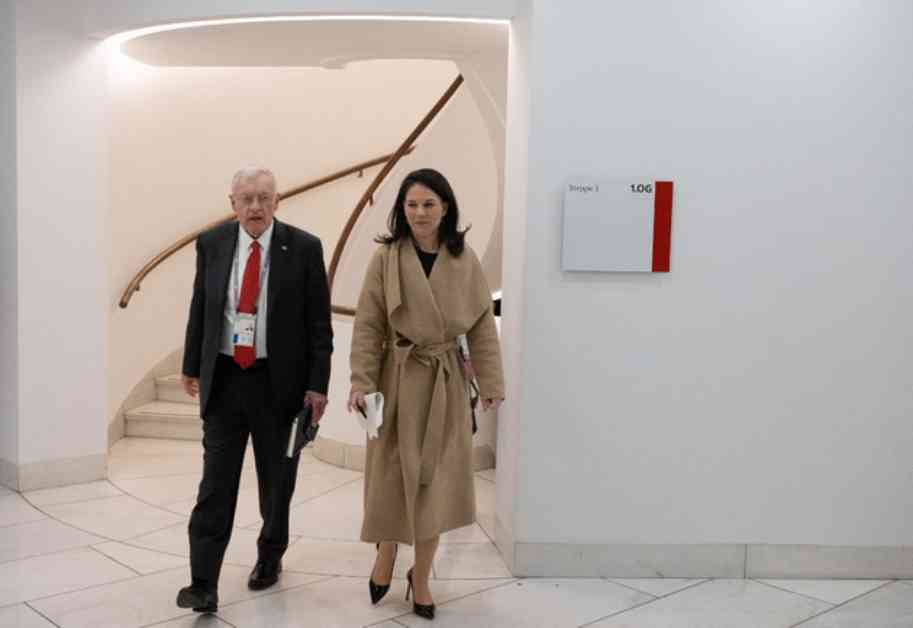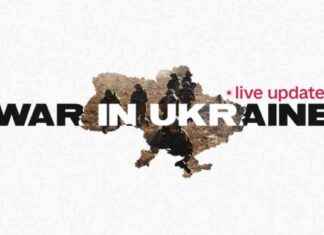In a surprising turn of events at the Munich Security Conference, US President Donald Trump’s envoy to Kyiv, Keith Kellogg, dropped a bombshell by revealing that European countries, excluding Russia and Ukraine, would likely be sidelined from crucial peace talks. This revelation came shortly after Ukrainian President Volodymyr Zelensky expressed concerns about Europe’s need for its own army, hinting at potential shifts in international alliances and dependencies.
Kellogg’s assertion that Europe would not have a seat at the negotiating table with the US, Russia, and Ukraine sent shockwaves through the conference, highlighting the evolving dynamics reshaped by the return of the Trump administration. With Vice-President JD Vance’s speech raising questions about EU countries’ democratic credentials and ongoing calls for Europe to enhance its defense spending, Kellogg’s comments underscored the growing sense of Washington’s marginalization of continental powers.
Europe’s Exclusion: A Harsh Reality
When asked about the possibility of Europe’s involvement in peace talks, Kellogg bluntly stated that realism dictated otherwise. He emphasized the need for European nations to actively engage in the debate by presenting concrete proposals and increasing defense spending, rather than lamenting their exclusion from negotiations. Kellogg’s candid remarks, as reported by the Guardian, highlighted the complex dynamics at play and the shifting power dynamics within the international arena.
Zelensky’s Call for a European Army
In a passionate address, President Zelensky echoed concerns about the changing relationship between Europe and the US, emphasizing the need for a European army that would ensure the continent’s autonomy and decision-making. Zelensky’s plea for a unified European defense strategy, including Ukraine, reflected a growing sentiment among leaders to assert greater independence and cohesion in the face of shifting global alliances.
Zelensky’s remarks underscored the urgency of addressing critical issues in upcoming peace talks, including safeguarding Ukraine’s sovereignty, preventing future conflicts post-ceasefire, and establishing mechanisms to address breaches of peace agreements. The need for a coordinated and coherent approach to European defense resonated throughout the conference, as leaders grappled with the implications of a more assertive US stance and the call for greater European autonomy.
As the Trump administration pushes for European allies to take greater responsibility for their defense, a questionnaire sent to European governments seeks their commitment to ensuring peace in Ukraine post-conflict. The questionnaire, which includes inquiries about potential troop contributions to a peacekeeping force, signals Washington’s expectation for European nations to play a more proactive role in regional security.
Finnish President Alexander Stubb’s acknowledgment of the questionnaire’s significance underscores the need for European nations to deliberate on their defense commitments and consider a more coordinated approach to regional stability. The evolving dynamics of transatlantic relations and the changing landscape of international security demand greater collaboration and strategic foresight from European leaders.
In conclusion, the exclusion of Europe from Ukraine peace talks signals a broader shift in international relations, with implications for regional security and global stability. As leaders navigate the complexities of geopolitical realignments and evolving defense priorities, the need for cohesive and coordinated strategies becomes increasingly paramount. The future of European security hinges on proactive engagement, strategic foresight, and a collective commitment to safeguarding peace and stability in the region.

















